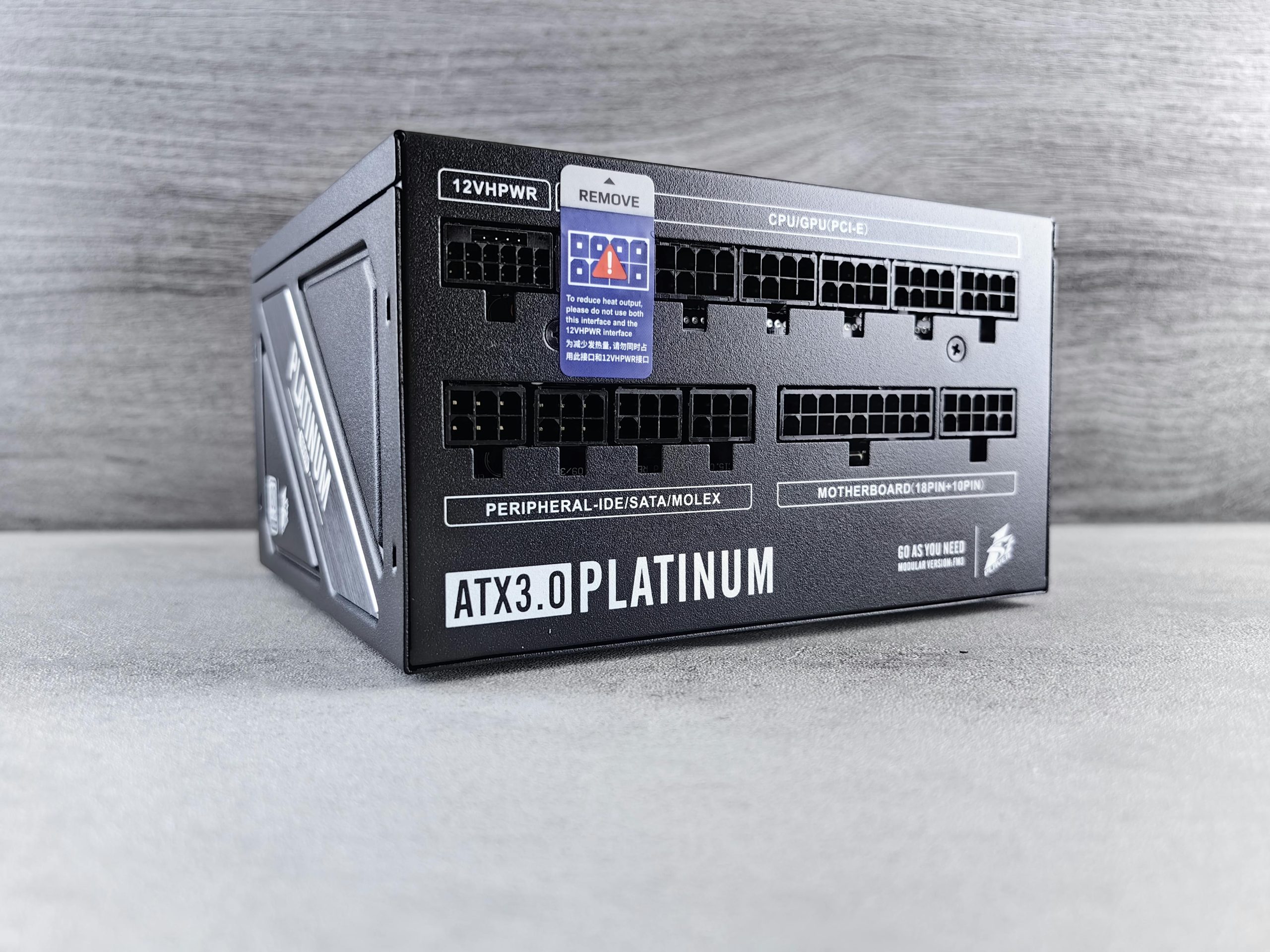Troubleshooting Guide: Resolving Random PC Restarts During Load
Experiencing unexpected restarts during gaming or other intensive tasks can be a frustrating issue for PC users. If your computer reboots spontaneously under load—whether during gameplay, video streaming, or even simple activities—it’s essential to methodically identify and address potential causes. Here’s a comprehensive overview based on a typical scenario, along with recommended troubleshooting steps.
Common Symptoms
- Random system reboots under load
- No Blue Screen of Death (BSOD)
- Temperatures remain within safe limits (below 70°C)
- No significant system usage spikes observed during restarts
- Testing different hardware components yields the same issue
Hardware Environment Overview
- Processor: Intel Core i7-8700
- Graphics Cards: RTX 2060 6GB (also tested with GTX 1050 Ti with no change)
- Power Supply Unit (PSU): Thermaltake RGB 650W (swapped with an alternative PSU to rule out power issues)
Initial Observations and Troubleshooting
-
Temperature and Usage Monitoring
Temperatures are within normal ranges, indicating thermal throttling or overheating is unlikely the cause. Use tools such as HWMonitor, HWInfo, or MSI Afterburner to observe real-time metrics. -
Power Supply Check
Despite swapping the PSU, the issue persists. A consistent problem across different power supplies suggests that the PSU might not be the root cause. -
Hardware Component Testing
Testing with different GPUs (RTX 2060 and GTX 1050 Ti) pointing to the same systemic issue indicates the problem isn’t solely graphics-related.
Potential Causes and Solutions
1. Power Delivery and Stability
Even with swap testing, faulty or inadequate power delivery can cause system reboots under load. Verify:
- Ensure all power connectors are securely connected.
- Consider testing with a higher wattage or higher quality PSU, preferably one with an 80 PLUS Gold or Platinum certification.
- Use a dedicated power supply testing tool or method to validate stability.
2. Memory Stability
RAM issues are a common culprit:
- Run MemTest86+ or Windows Memory Diagnostic to check for RAM errors.
- Temporarily reduce RAM frequency or tighten/loosen timings in BIOS.
- Test with one RAM stick at a time to identify faulty modules.
3. Motherboard and BIOS Issues
Mother
Share this content:

